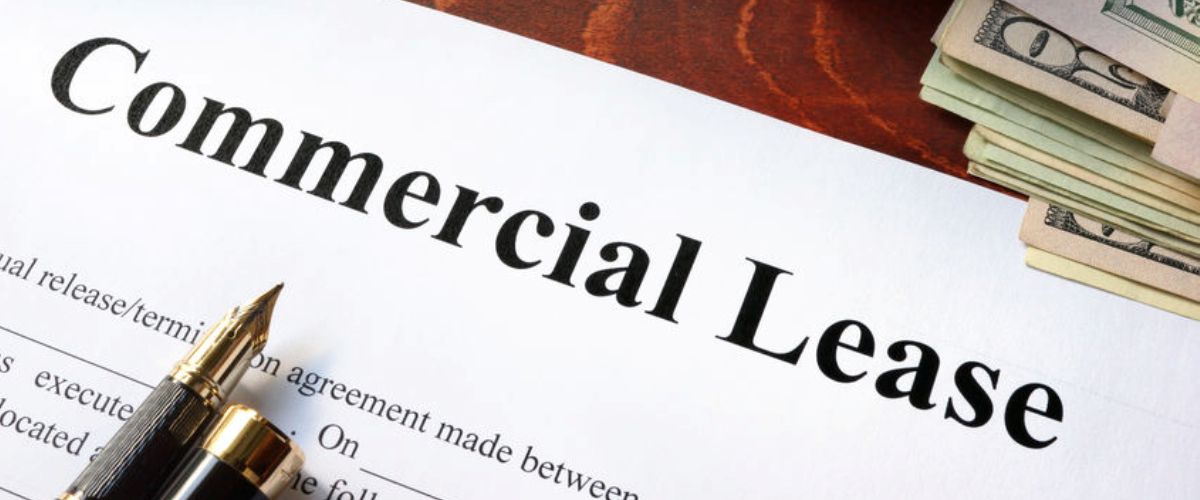Experts say changes are on the horizon to the decades-old language in retail and restaurant leases as a result of the Covid-19 pandemic.
New leases are being written with substantial changes, particularly in regard to provisions that provide relief for tenants that are unable to fulfill their contract obligations because of circumstances out of their control, such as a natural disaster or pandemic.
Steven Silverman, a shareholder at Miami-based Kluger, Kaplan, Silverman, Katzen & Levine PL, who deals in lease negotiations, said the language in these provisions is often broad, and landlords did not interpret them to apply to shutdowns caused by a pandemic.
“As a result, many new leases signed over the last few months include more specific language,” Jaime Sturgis of Fort Lauderdale-based Native Realty said. “Moving forward, there’s going to be a little more clarity. The provision is broad by design, so I think moving forward more clarity and more specific language addressing these types of situations. landlords and tenants have mostly settled on common ground on what those new clauses may include.”
Most new leases he’s seen include language that states that should there be any government-mandated business closures – whether by city, county, state or federal agencies – the tenant would be protected with partial rent abatement.
“That also protects the landlord, as these agreements often add that the tenant would need to pay a minimum rent to cover costs like property taxes and maintenance,” Sturgis said. “For the most part, everybody’s on the same page about it. People are looking to share the burden.”
Silverman said that while the two sides have found common ground, it was rare for landlords to give any ground on lease negotiations, but the pandemic caused a power swing rare in the industry.
“I believe that bargaining strength is going to change because I think there will be a glut of space on the market,” Silverman said. “When landlords are faced with that reality, they become more relaxed in how they’re going to sell their product.”
Signs of that power swing were apparent almost immediately.
Jenny Gefen, a broker for retailers at Colliers International South Florida’s Miami office, said Bolay was close to signing its lease 2,700 square feet at 810 Brickell Ave. in Miami, but after the pandemic came to South Florida, restaurant representatives requested a review of the language in the lease to protect themselves in case of future government-ordered restrictions or shutdowns.
“Bolay eventually signed the lease after representatives felt they would be covered for pandemic-like situations in the future,” Gefen said. “Many retailers signing new leases are requesting percentage rents for the first couple of years as their businesses recover from the pandemic.”
“Provisions that protect tenants from disasters or pandemics aren’t the only aspects changing in leases because of Covid-19,” said Eric Hochman, chief development officer at Boca Raton-based PEBB Enterprises.
Hochman said his company is working with prospective tenants to include clauses that outline what spaces are available for extra seating, fulfilling curbside and/or delivery orders should government restrictions be enacted again.
Source: SFBJ

